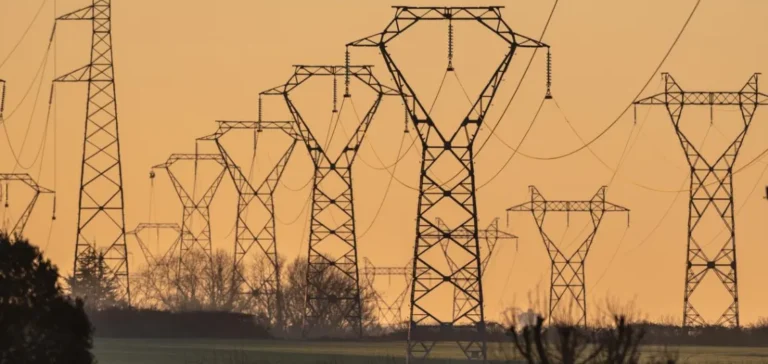The French electricity transmission system operator Réseau de Transport d’Électricité (RTE) has launched a national consultation on its Ten-Year Network Development Plan. This programme foresees around €100 billion ($107.6bn) in investments by 2040 to adapt France’s power infrastructure to the energy system’s transformation.
Led by the National Commission for Public Debate (Commission nationale du débat public, CNDP), the process will collect public contributions until January 14. RTE’s plan includes grid reinforcements, climate adaptation measures and the integration of new generation capacities, particularly offshore wind and nuclear. The initiative comes as the future of the electricity grid is becoming a central theme in national political debates.
A consultation mechanism across key regions
To ensure broad participation, the CNDP is organising meetings, forums and citizen workshops in cities such as Bordeaux, Le Havre and Châteauroux. Digital tools including webinars and interactive platforms will also be available. The debate will cover the sizing of the network, its environmental impacts and its territorial integration.
Francis Beaucire, president of the debate, stated that the main mission was to provide accessible and understandable information to all. Marc Papinutti, president of the CNDP, added that every contribution, whether from elected officials or citizens, would be given equal consideration.
Disputed figures at the centre of political tensions
The debate takes place amid disputes over the costs of renewable energy development. The Rassemblement National has claimed that subsidies and grid connections will cost €300 billion ($322.9bn). This figure has been challenged by the Energy Regulatory Commission (Commission de régulation de l’énergie, CRE), the independent authority overseeing the sector.
According to the CRE, the combined costs of renewable energy support schemes and grid connections, including both onshore and offshore wind, would reach around €105 billion ($113bn) spread over several decades. The authority has published a clarification to provide accurate data and counter certain claims circulating in the public debate.
A structuring plan for future energy directions
The ten-year investment plan represents a major pillar of RTE’s strategy to support the industrial and energy transition of the country. Ageing infrastructure, rising climate risks, the growth of data centres and the decarbonisation of industry are all driving the need for a major grid overhaul.
This public debate also coincides with the revision of the Multiannual Energy Programme (Programmation pluriannuelle de l’énergie, PPE). Ensuring consistency between the two planning exercises will be key to avoiding duplication and optimising the allocation of public and private resources in the energy sector.






















